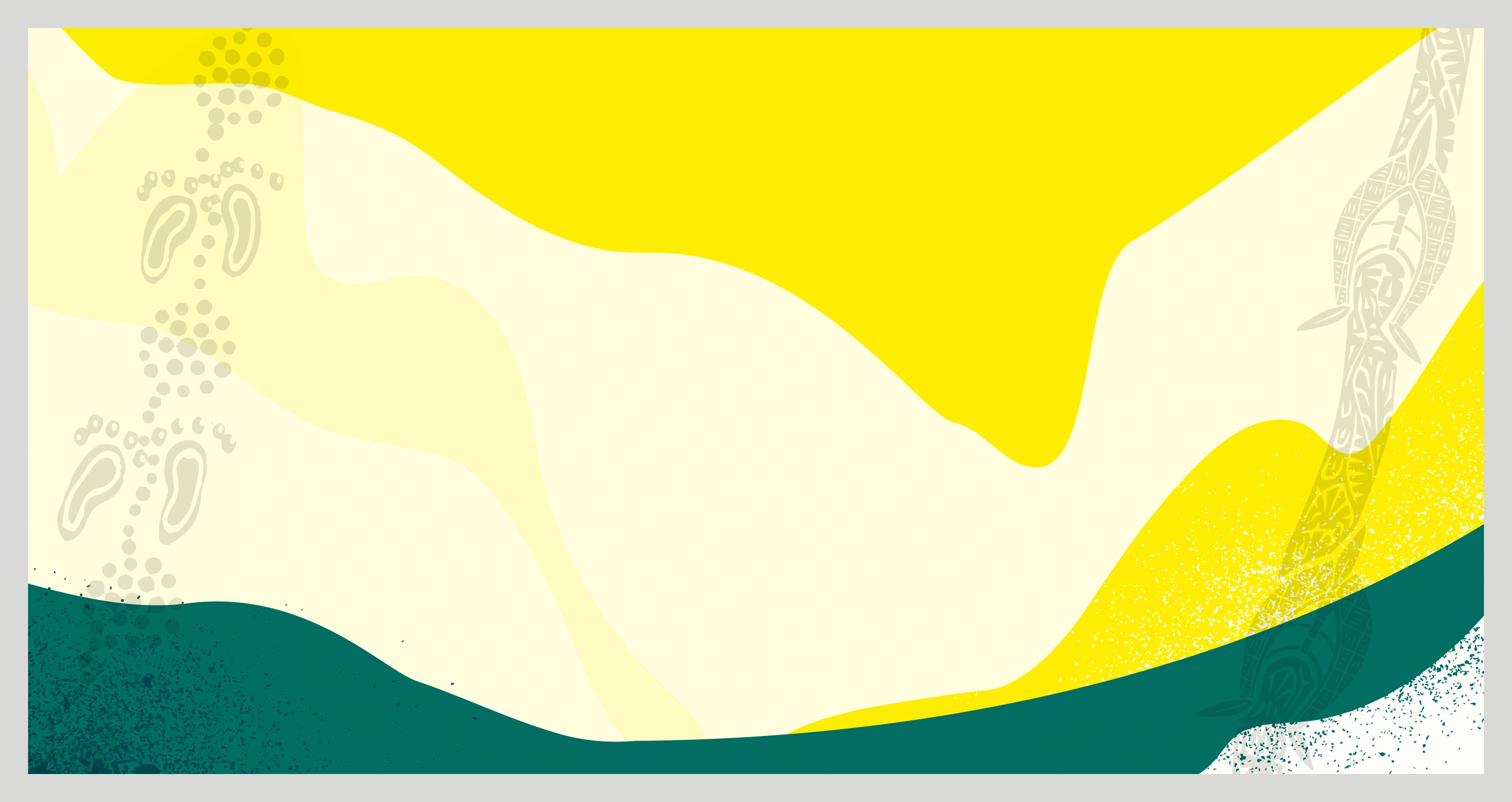
HAVE A GO AT OLYMPIC SPORTS
HAVE A GO AT OLYMPIC SPORTS

Games Debut
Paris 1924
Most Games Appearances
Cris Brown - 5 Games
Events
Wrestling Freestyle Men's 65kg
Wrestling Freestyle Men's 86kg
Three Australians have won medals in freestyle events at the Olympics. In Los Angeles 1932, Eddie Scarf was third in the light-heavyweight division.
Twelve years later in London, Dick Garrard won a silver medal as a welterweight and Jim Armstrong won a bronze medal in the heavyweight division.
Garrard is the only wrestler to be inducted into the Sport Australia Hall of Fame. Australia has never won a Greco-Roman Olympic medal.
Farzad Tarash was Australia's only wrestler to qualify a quota spot for Australia for the London 2012 Games after booking his ticket by finishing in the top two of his division at the African and Oceania Qualifying Tournament.
Competing in the -60kg division in London, Tarash had a bye through to the quarter-finals where he went down to North Korea’s Jong Myong Ri 3-0.
At Rio 2016 Australia had Ivan Popov (Greco-Roman 130kg), Sahit Prizreni (Freestyle 65kg) and Talgat Ilyasov (Freestyle 74kg) compete in the men's events, with Popov the only wrestler to advance to the quarter-finals.
After no Australian representation in wrestling at Tokyo 2020, Australia has qualified two spots in the Paris 2024 Olympic Games after Georgii Okorokov and Jayden Lawrence won an Olympic qualifying tournament in Egypt in March 2024.
Some form of wrestling has featured at every modern Olympic Games, except for Paris 1900. Greco-Roman wrestling has been on every Olympic program except Paris (1900) and St Louis (1904).
Freestyle wrestling, which rose to popularity in Great Britain and the United States in the 19th century, made its Olympic debut in St Louis and since then has only missed being an Olympic sport in Stockholm 1912.
Women competed in wrestling for the first time at the 2004 Athens Olympics, in four freestyle weight categories. Australia was first represented in women's wrestling in Beijing 2008 by Kyla Bremner where she finished 17th in the 48kg weight class.
Greco-Roman wrestling allows competitors to use only their arms to “attack” the upper bodies of their opponents. Freestyle wrestling allows competitors to use their arms and legs to perform holds on the whole body of their opponents.
A wrestling bout comprises two three-minute periods, with a 30 second break. Wrestlers are awarded points from officials for technical manoeuvres against their opponent. The person who wins 2 out of 3 periods wins the bout.

We and our partners use cookies and other tracking technologies to manage our website, understand and track how you interact with us and offer you more personalized content and advertisement in accordance with our Cookies Policy. By clicking "Accept All Cookies" you agree to such cookies, which are being implemented by the International Olympic Committee ("IOC") in accordance with the IOC's Privacy Policy and the IOC Cookies Policy. Otherwise and if you wish to learn more about our use of cookies click here.
Show more